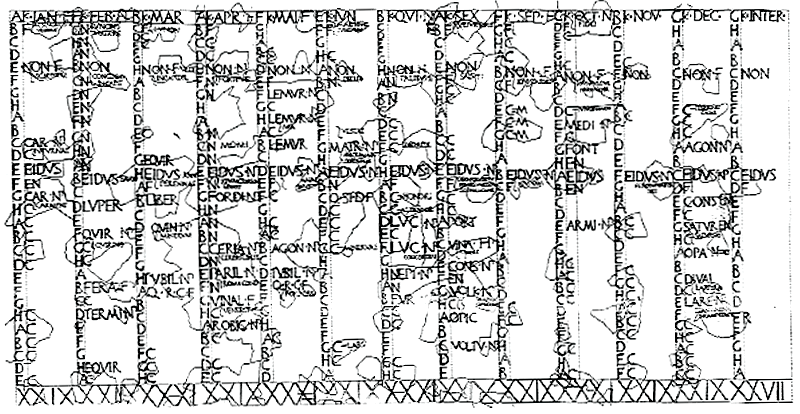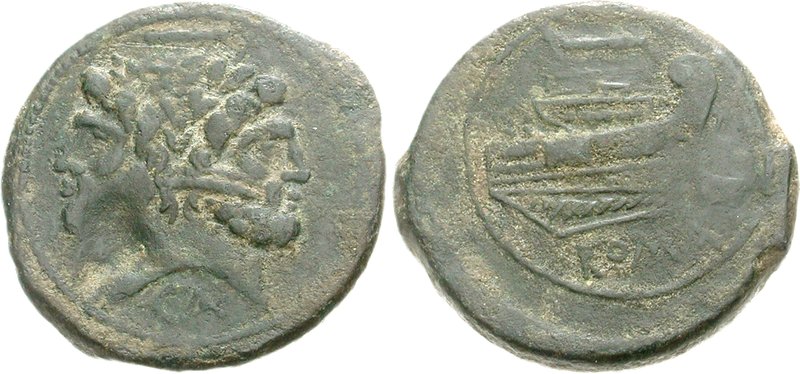Topic Tuesday #89 2014/04/01 - "April Fools!"
No, I'm not pranking you. Pulling pranks is a serious business and warrants a serious examination. I took the time to comb the web and see what was available on the origin of the foolishness. It seems hardly anyone knows where it came from or how it started and there have even been pranks pulled on the origin story itself.
I hit my old encyclopedias (yes, hard copy) and April Fools Day (according to the 1960 World Book encyclopedia), "The observance originated in France after the adoption of the Gregorian calendar. France was the first nation to adopt the new calendar introduced in 1564. Up to that time, the New Year celebration began March 21st amended April 1st. When New Year's Day was changed to January 1st, some people still celebrated it April 1st. These people came to be known as April fools. The custom of fooling friends and relatives on that day became popular in France and spread to other countries. It was widespread in England by the 1600's." Alex Boese of the website
, disagrees with this theory, pointing out that the French calendar reformation was in the late 1500s — after the Flemish poem was written. Also, the French never celebrated New Year's on the exact date of April 1, he said.
One likely explanation is April Fools was "a hazing ritual" to welcome spring, said Boese, Many cultures celebrated the beginning of the new season with "mischief, misbehavior or deception," Boese told USA TODAY Network.
"Pranks are very much associated with the start of new things," he said.
Recently a historian traced the practice back to Iran, and further back to the Persian new year (that happens to fall on April first in our Gregorian calendars) dating all the way back to 536 BC. It is called Sizdah Bedar and is thought to be the oldest pranking tradition still practiced. this seems to be the most accurate origin of the practice being linked to a certain day.
The questionable holiday is also popular in the United Kingdon (but generally pranks politely cease at noon). Australia, like America and other English speaking former colonies, don't particularly care about jokes ceasing at any given time. Scotland colloquially calls it Hunt-the-Gowk Day (gowk translates to cuckoo or foolish person) and one of the favorite pranks is reminiscent of a chain mail joke where you pass it on to the next person.
Many French speaking countries (note the cultural spread with language traditions) seem to have a thing for placing paper fish on people's backs.
The Spanish also has a cultural practice of pranks, but not on April first. December 28th, which happens to be a Christian holiday called "Day of the Holy Innocents" is accompanied by pranks in Spain, Argentina, Mexico, and perhaps more (beware).If you hear a phrase with a translation of "Innocent / Gullible", you have been had.
The Danish and Swedish pull pranks on May first
as well as
April first.
YOU HAVE BEEN WARNED! Have fun Everyone!













